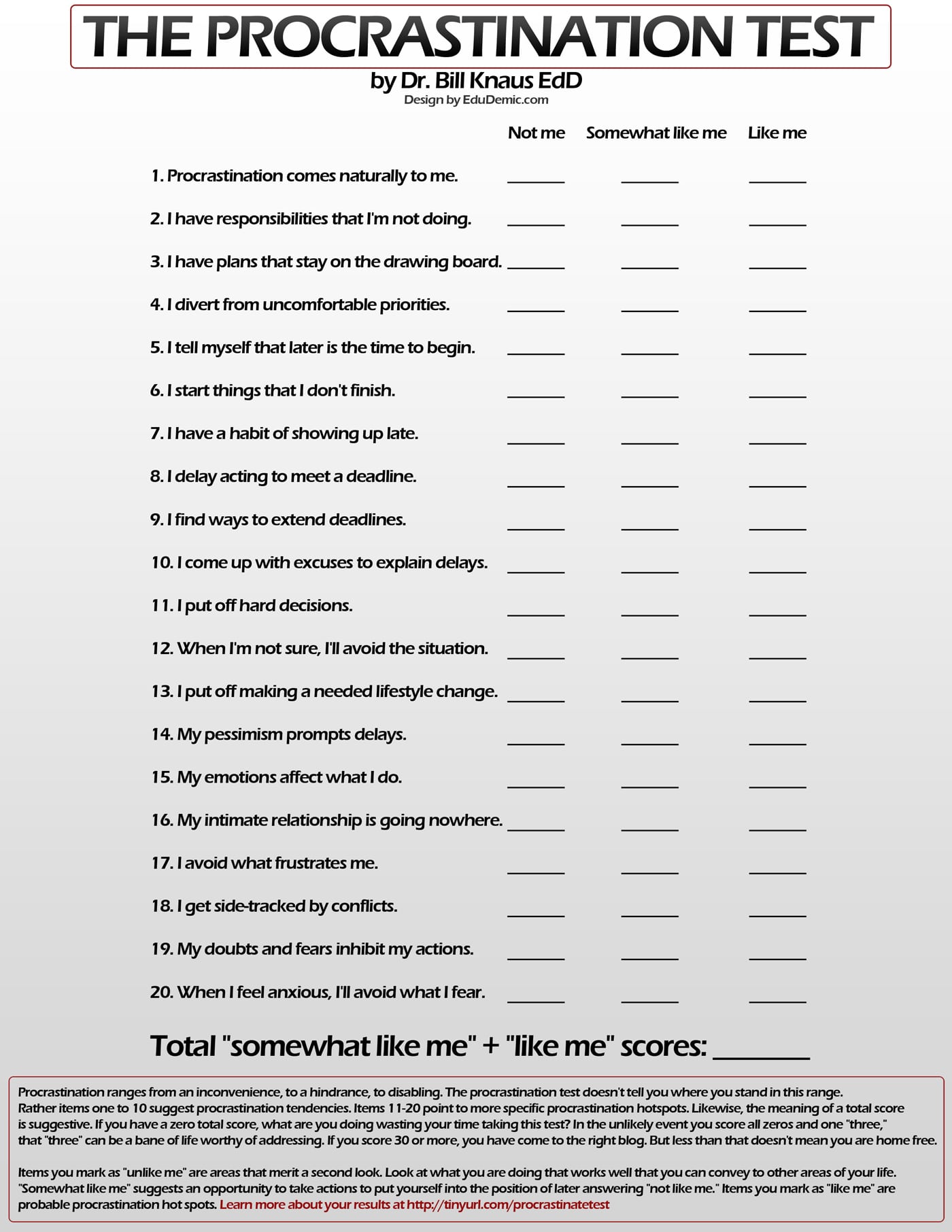Mastering Strategies to Overcome Procrastination, Emotional Dependency, and the Impostor Syndrome
Mastering Strategies to Overcome Procrastination, Emotional Dependency, and the Impostor Syndrome
Blog Article
In today's fast-paced world, many individuals struggle with mental and emotional challenges that hinder their success. Among these, procrastination, emotional dependency, and impostor syndrome stand out as common issues. What can you do to break free from these patterns?
In this guide, we will explore the root causes and strategies to address these three challenges. By understanding their impact and learning to manage them effectively, you can build a healthier mindset and achieve your goals.
What is Procrastination?
Procrastination refers to postponing important activities even when you are aware of the consequences. It often stems from fear of failure, lack of motivation, or poor time management.

When procrastination takes over, can be far-reaching. To combat procrastination requires practicing self-discipline and creating sindrome do impostor como tratar actionable plans. Consider techniques like the Pomodoro Technique or setting realistic deadlines to stay on track.
The Nature of Emotional Dependency
Emotional dependency is a state where a person depends excessively on external relationships to fulfill their emotional needs. While human connection is essential, emotional dependency turns detrimental when self-esteem is tied solely to others’ approval.

Symptoms often include a fear of rejection, difficulty making decisions independently, and constant seeking of external approval. To overcome emotional dependency, it’s crucial to build self-confidence and cultivate self-reliance. Therapy, mindfulness practices, and journaling can be helpful tools.
What is Impostor Syndrome?
Impostor syndrome refers to a psychological phenomenon where someone feels like a fraud despite evident success. People with impostor syndrome often attribute their achievements to luck rather than skill or effort.

This mindset can lead to anxiety, self-doubt, and a fear of being “exposed”. To overcome impostor syndrome involves challenging self-critical beliefs and acknowledging personal successes. Seeking feedback from trusted peers and embracing self-compassion can support personal growth.
Steps to Overcome Procrastination, Emotional Dependency, and Impostor Syndrome
Here are some practical steps:
- Create a routine to combat procrastination and set achievable goals.
- Build self-awareness to identify patterns of emotional dependency and work towards independence.
- Practice gratitude to counter impostor syndrome and consider therapy or coaching.
Consistency is key, so stay committed to these approaches to achieve lasting transformation.
Conclusion: Taking the First Step
These challenges may seem daunting, but you can overcome them by taking deliberate action. By understanding their roots and applying effective techniques, you pave the way for a healthier, more fulfilling life.
Start today by acknowledging where you stand and adopting simple, actionable strategies. Always keep in mind: progress is a journey, not a destination.
Report this page